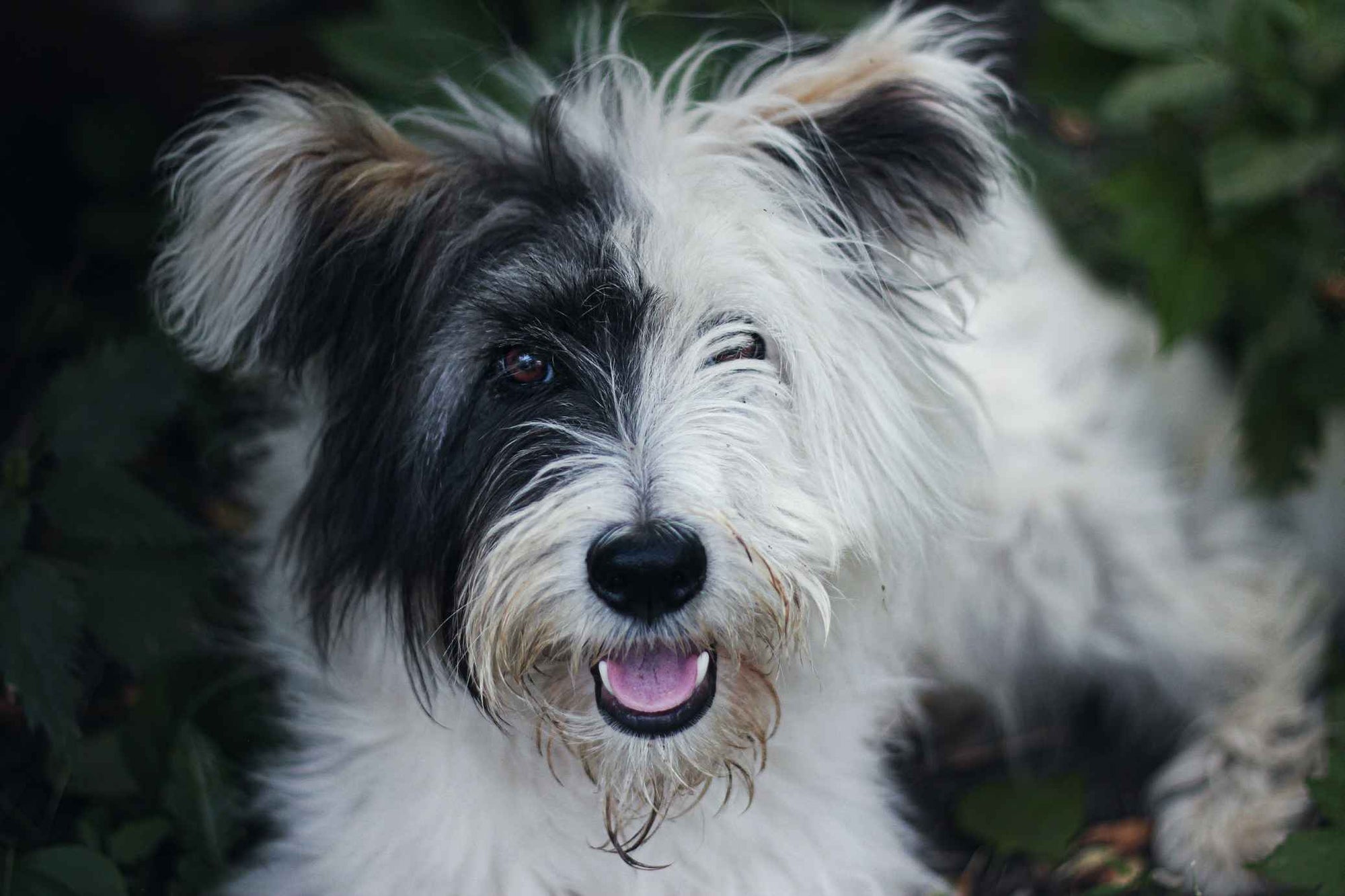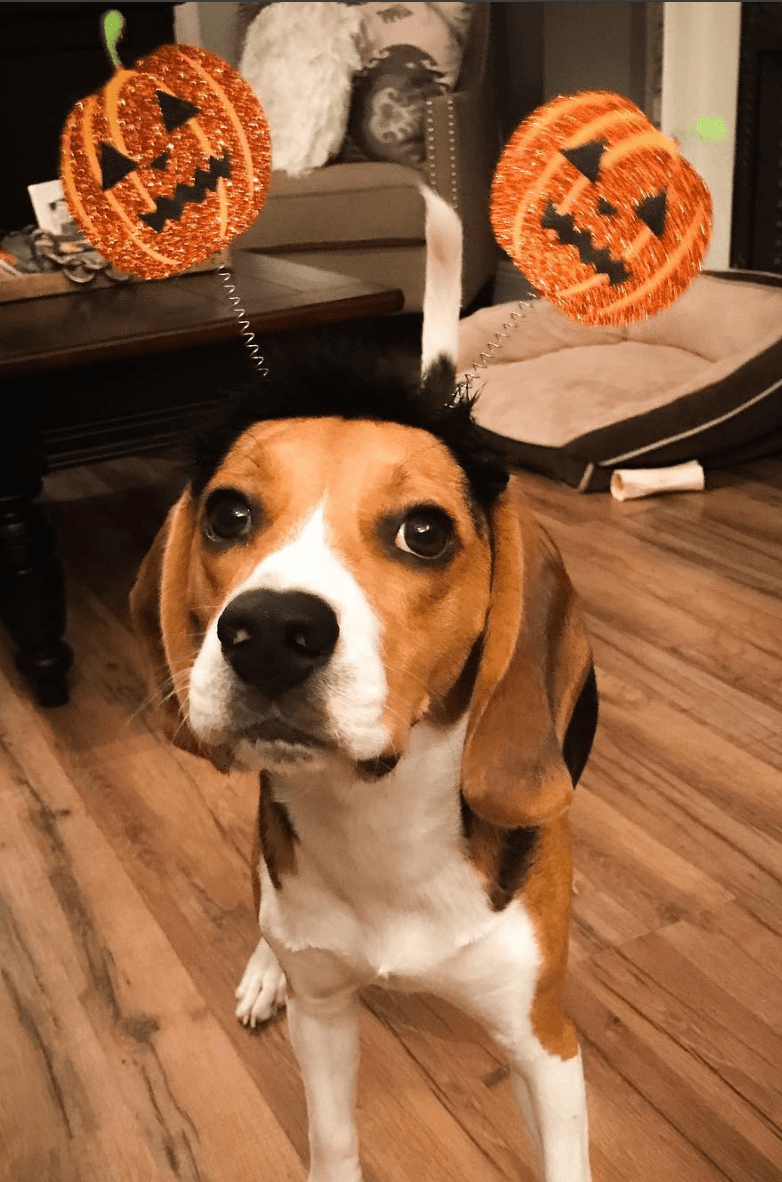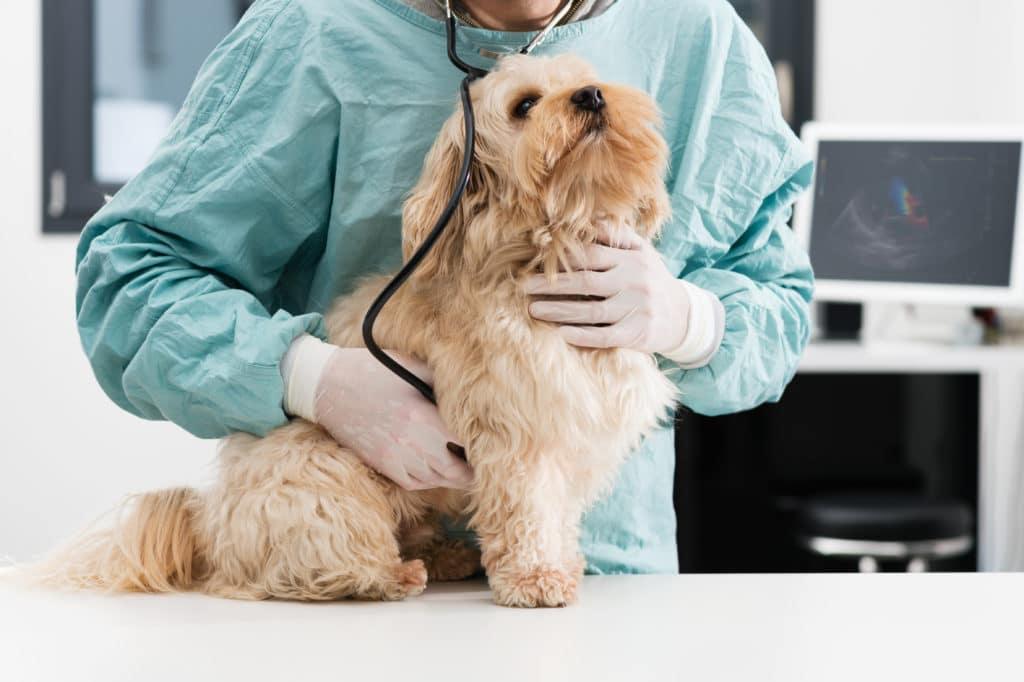If you're a dog owner, you've probably noticed your furry companions engaging in a unique form of communication—sniffing each other. In this blog post, we'll explore the world of dog communication, delving into the significance of scent in their interactions. We'll uncover the reasons behind dogs' constant sniffing, ranging from dominance establishment to detecting signs of illness, sexual maturity, anxiety, or stress. Understanding these factors equips you to respond appropriately.
We'll also provide practical advice on handling constant sniffing, including when to seek veterinary guidance, training techniques to reduce this behavior, and creating a comfortable environment for both dogs. Moreover, we'll discuss preventive measures like regular vet check-ups, proper socialization, and respecting dog boundaries.

If you've ever wondered why your dogs engage in constant sniffing, this post is for you. By the end, you'll gain a deeper understanding of this behavior and the tools to manage it effectively. Let's unravel the mystery of why dogs engage in such sniffing behaviors.
Related: Can Dogs Eat Mandarins?
Understanding Dog Communication and Social Behavior
Dogs possess a multifaceted communication system encompassing body language, scent, and pack instincts. They express emotions and intentions through postures, facial cues, vocalizations, and tail movements, but their extraordinary sense of smell also plays a pivotal role in interactions.
These behaviors are influenced by their ancestral pack instincts, inherited from wolves, and serve purposes such as forming social bonds, reinforcing trust, and marking territory boundaries. To comprehend why dogs persistently sniff each other, we need to delve deeper into these aspects of canine communication and behavior.
In the subsequent sections, we will examine these reasons more closely, shedding light on this intriguing behavior.
Related: Stop Dogs From Barking
Why Dogs Sniff Each Other
Dogs possess an extraordinary sense of smell, housing up to 300 million olfactory receptors, in contrast to the mere 6 million found in humans. This exceptional olfactory ability enables them to extract a wealth of information from their surroundings, especially from other dogs. To grasp why dogs engage in persistent sniffing behavior during encounters, it's crucial to examine the role of scent in canine communication and social dynamics.

Dogs primarily employ scent as a means of communication, marking their presence with unique scent markings via urine, feces, and glandular secretions. These markings convey details about their identity, reproductive status, and emotional state. When dogs engage in mutual sniffing, they exchange vital information about each other's gender, age, health, and recent activities. This ritual serves as a foundation for building trust and familiarity, fostering future interactions and potential friendships.
Furthermore, sniffing enables dogs to gather essential information about their environment and the dogs they encounter. It aids in assessing the presence of other animals, potential threats, and changes in their surroundings. By analyzing subtle changes in scent, dogs can detect alterations in health, mood, or reproductive status, contributing to their safety and decision-making. Sniffing also plays a pivotal role in establishing dominance and hierarchy within a pack, with dogs using it to gauge social status and assert their position.
Additionally, it serves as a vital part of sexual communication, as males may sniff females to ascertain reproductive readiness, and females may assess potential mates through scent. Understanding these reasons behind dogs' sniffing behavior is key to deciphering their intricate communication and social dynamics. In the forthcoming sections, we will explore specific factors that might contribute to your dog's constant sniffing of your other dog, shedding light on this behavior's underlying motivations.

Related: Dog Got Stung By Bee
Reasons Your Dog is Constantly Sniffing Your Other Dog
There are several reasons why your dog may engage in constant sniffing of your other dog. While individual dynamics can influence this behavior, here are some common factors to consider:
- Establishing Dominance: Dogs naturally strive to establish dominance within a pack. Constant sniffing can be a way for one dog to assert dominance over the other. The sniffer may seek information about the other dog's social status, reinforce their own authority, or solidify their position in the pack hierarchy.
- Signs of Illness or Injury: Dogs possess a remarkable ability to detect changes in scent. Continuous sniffing might indicate that one dog is sensing an illness or injury in the other. It's crucial to observe accompanying behaviors or physical signs, such as altered appetite, energy levels, or visible injuries, and promptly seek veterinary attention if necessary.
- Sexual Maturity and Mating Behavior: If one or both dogs are reaching sexual maturity, constant sniffing could be related to mating behavior. Male dogs may be assessing females for reproductive readiness, while females may be evaluating males as potential mates. This behavior is particularly common during the breeding season and is driven by pheromones and reproductive hormones.
- Anxiety and Stress: Excessive sniffing can serve as a coping mechanism for dogs experiencing anxiety or stress. If one dog is continually sniffing the other, it may indicate that the sniffer is feeling anxious or stressed and seeks comfort or reassurance from the other dog's scent. Identifying and addressing the underlying causes of anxiety or stress is crucial to alleviate this behavior.
Understanding the motivations behind your dog's constant sniffing of your other dog is essential for effective intervention. In the following sections, we will delve deeper into each of these factors, offering insights and strategies to appropriately address and manage this behavior.

Related: CBD Oil For Dogs With Cancer
How to Respond to Constant Sniffing
When faced with constant sniffing behavior between your dogs, it's essential to address the underlying reasons and foster a harmonious environment for both pets. Here are some strategies to consider:
- When to Seek Veterinary Advice: If you suspect that the constant sniffing may stem from an underlying health issue, consulting a veterinarian is crucial. They can conduct a comprehensive examination, perform relevant tests, and administer appropriate treatment if needed. Veterinary guidance can also rule out potential medical causes, ensuring your dogs' overall well-being.
- Training Techniques to Reduce Sniffing: Implementing training techniques can help lessen the intensity and frequency of constant sniffing between dogs. Employ positive reinforcement methods to reward desired behaviors and redirect their focus away from sniffing. Teaching commands like "leave it" or "focus" can redirect their attention when excessive sniffing occurs.
- Creating a Safe and Comfortable Environment for Both Dogs: Ensure that your dogs have separate spaces for retreat and alone time. Provide individual toys, beds, and feeding areas to prevent resource guarding and reduce competition for resources. Establish a calm and structured environment, minimizing triggers that may lead to excessive sniffing or heightened anxiety.
- Addressing Anxiety and Stress: If constant sniffing results from anxiety or stress, identifying and addressing the underlying causes is crucial. Implement strategies to reduce anxiety, such as providing a safe and secure space, engaging in regular exercise and mental stimulation, and using calming aids like pheromone diffusers or anxiety wraps. Consider seeking professional help from a certified dog behaviorist or trainer to receive guidance and develop a customized behavior modification plan.
By responding to constant sniffing with a thoughtful and informed approach, you can effectively manage the behavior and create a positive environment for your dogs to thrive. In the next section, we will explore preventive measures to minimize future sniffing issues and promote healthy interactions between your dogs.

Related: Can A Dog Overdose In CBD?
Preventing Future Sniffing Issues
Preventing future sniffing issues between your dogs involves taking proactive steps to cultivate a harmonious and balanced environment. Here are some preventive measures to consider:
- Importance of Regular Vet Check-ups: Prioritize regular visits to the veterinarian to ensure both dogs are in good health. These check-ups can identify underlying medical conditions contributing to excessive sniffing or behavioral problems. Adhere to recommended vaccination and parasite prevention protocols for their overall well-being.
- Proper Socialization Techniques: Start socializing your dogs from a young age to instill comfort and confidence in diverse social situations. Expose them to various environments, people, and other dogs to establish positive associations and reduce anxiety or fear-related behaviors. Consider enrolling them in puppy socialization classes or seeking guidance from a professional dog trainer.
- Understanding and Respecting Dog Boundaries: Recognize and honor your dogs' individual boundaries and preferences. Allow them personal space and avoid forcing interactions if they exhibit discomfort or aggression. Establish a structured routine that includes sufficient rest time and balanced social interactions to prevent overstimulation and potential conflicts.
- Positive Reinforcement Training: Employ positive reinforcement techniques to strengthen desired behaviors and discourage unwanted sniffing actions. Reward your dogs for calm and appropriate interactions, redirect their attention when necessary, and provide mental stimulation through interactive toys and puzzles.
- Supervision and Management: Maintain supervision during interactions between your dogs, particularly during the initial stages of their relationship or when introducing new dogs to the household. Use physical barriers or baby gates when needed to separate them, ensuring safety and preventing potential conflicts. Monitor their body language closely and intervene if signs of tension or aggression emerge.

By implementing these preventive measures, you can foster a harmonious and balanced environment for your dogs, reducing the likelihood of future sniffing issues and promoting healthy interactions. In the final section of this blog post, we will summarize the key points discussed and provide a concluding message.


















